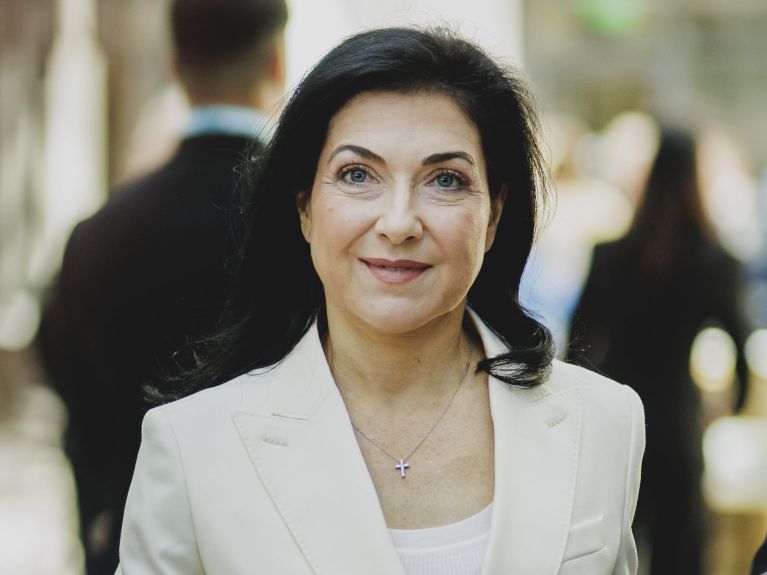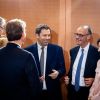Katherina Reiche: growth through freedom
German Economics and Energy Minister Katherina Reiche wants to revive the German economy – and believes that tax relief for companies is the way forward.

“Growth is the engine that drives a country and a society forward,” said Germany’s new Economics Minister Katherina Reiche in a recent interview. In line with this principle, the CDU politician believes that a mixture of tax relief, investment support and market-economy pragmatism is the best way forward.
Tax relief package to turn tide
A first package of tax relief measures is already to be adopted by July 2025. Among other things, the electricity tax is to be reduced and more scope provided for writing off business expenses. “We will initially bring in an investment booster,” Reiche announced. A comprehensive reform of corporate tax is to follow in the second half of the legislative period. The loan-financed investments of up to 500 billion euros in infrastructure that have been agreed by the Bundestag should also help stimulate the economy over the next few years.
This is likely to relieve the burden particularly on small and medium-sized enterprises that are struggling with high energy prices and bureaucratic hurdles. Reiche says: “We must give companies the freedom they need.” Specifically, grid charges are to be lowered and a discounted industrial electricity price introduced to ease the burden on energy-intensive firms.
Security of supply to be given priority
As far as energy policy is concerned, Reiche - formerly the CEO of an energy company - is taking a new approach: she says that though the energy transition is essential, Germany as a location for industry needs security of supply. There are therefore plans to rapidly build new gas-fired power stations with a total capacity of up to 20 gigawatts – to protect against what are known as variable renewable energy droughts, i.e. “when there is no wind and the sun is not shining”. In addition, Reiche wants to facilitate carbon capture and storage (CCS) and carbon capture and utilisation (CCU).
The minister is also clear about her goals in industrial policy: obstacles to investment are to be removed and approval processes accelerated. Future industries are to be strengthened by the Chemicals Agenda 2045 and the expansion of microelectronics.
Free trade, not isolation
In view of the new tariffs threatened by Washington, she has appealed for moderation: “There are no winners in tariff conflicts. We need more trade, not less.” In the long term, she is hoping for a free trade agreement with the USA – and in the short term for de-escalation.
Furthermore, the ministry is planning to reform Germany’s foreign trade law and adopt a strategy for economic security. In future, critical infrastructure will only be built using components from “trustworthy states”. At the same time, export approvals and testing processes are to be accelerated.
Innovation, not subsidies
The core element of Reiche’s agenda is the planned Germany fund. With the participation of private capital, at least 100 billion euros is to be mobilised for future technologies - with a focus on SMEs and start-ups.


